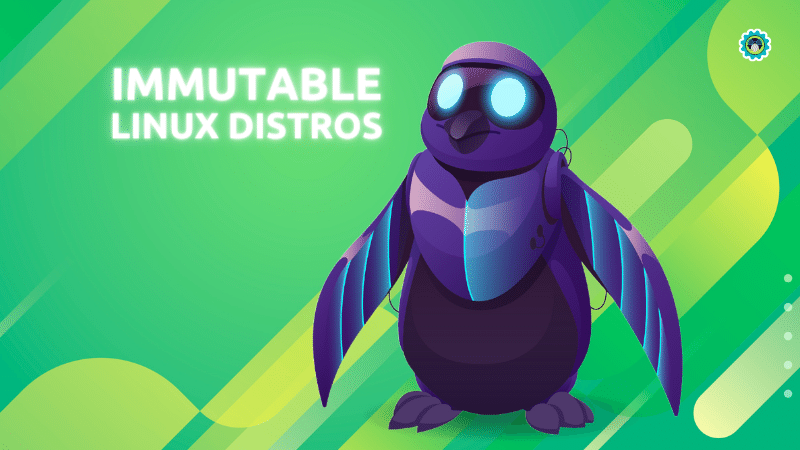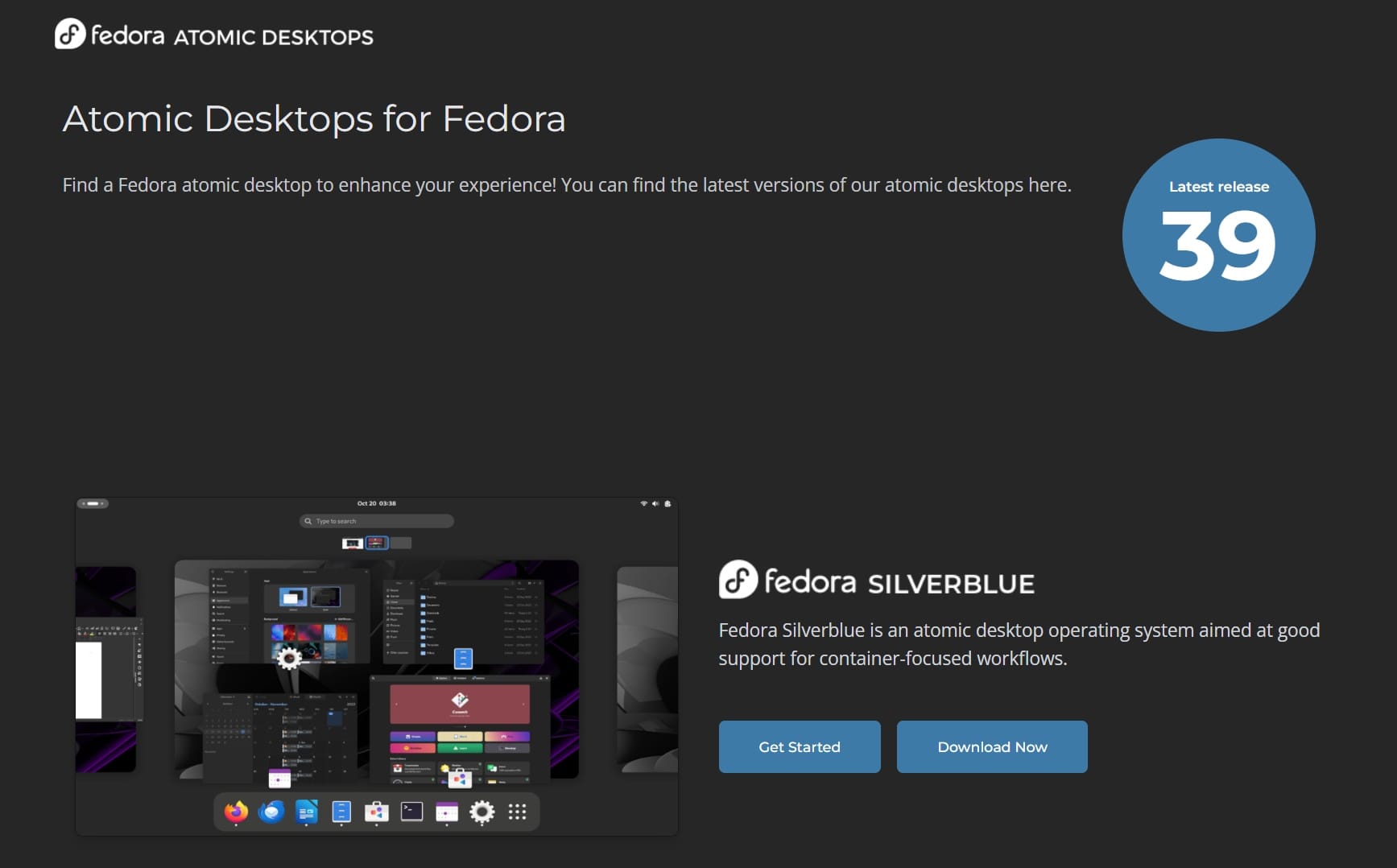
Fedora is a name that is quite popular in the Linux world. It is a superb option for those who want to try something out apart from Debian or Arch Linux.
Not just for desktops, but it is also available for servers and IoT platforms.
In the past, they used to offer a few immutable distros, but that has now changed with a recent rebranding that sees the term “Atomic” being used instead. There's also a significant shift in how they will handle these spins going forward.

Enter Fedora Atomic Desktops: Same, But Different
With the aim to simplify how some Fedora spins are handled, they have re-organized some Fedora spins as a new family of “Fedora Atomic Desktops”.
One of the reasons why they went for this is because of the increasing popularity of Fedora Silverblue, which led to other mainline versions of Fedora making a switch to rpm-ostree.
The other one being, that it was becoming tricky for Fedora to discuss these spins at the same time, as they were quite fragmented in nature. Not anymore, though.
You would think that this is something that they are doing now, but, Fedora used to have Project Atomic back in 2014, that evolved over the years to what we have now.

With this, they are also changing the way they term these spins, dropping the term “Immutable”, and switching to using the term “Atomic” instead.
Their reasoning behind it is:
Fedora Atomic spins are not actually immutable. There are ways to get around the read-only aspects of the implementation even though it is much harder.
The nature of the OS, where updates are only implemented when they successfully build and you can rollback or rebase between core host systems, is better described by atomicity than immutability.
They also added that many contributors who work on rpm-ostree tend to use the term Atomic when they talk about it, and this provides them “an opportunity to change the language surrounding this technology”.
So, What Changes Now?
Well, the rebranding is the most visible one, but they have also changed the names of some spins to better reflect what they have planned next; which is more Fedora Linux spins with Atomicity.
The Fedora Atomic desktops are as follows:
- Fedora Silverblue
- Fedora Kinoite
- Fedora Sway Atomic (formerly known as Fedora Sericea)
- Fedora Budgie Atomic (formerly known as Fedora Onyx)
There's a new hub for these atomic desktops too, you can check it out on the official website.

Fedora also mentions that this new “umbrella brand” allows them to add something new to their existing ostree line up, alongside Fedora CoreOS and Fedora IoT.
Of course, you must be wondering; upcoming Fedora spins?
Well, yes, there are four existing non-Atomic Fedora Linux spins that they intend to bring forward, with them already experimenting with Vauxite under the Universal Blue project equipped with Xfce.
They are also calling for contributors to make it possible for desktop environments (DE) like Pantheon or the upcoming COSMIC DE to be integrated into their Atomic spin family.
Plus, the naming scheme for new atomic spins is now “Fedora (DE Name) Atomic”.
If you ask me, that's sweet and simple, much needed 😌
You do not have to use terms like Silverblue and friends, which didn't really represent the spins properly. A good change for better clarity, and should allow the community to easily learn about the spins.
You can refer to the official announcement to know a little more about the news.
💬 What do you think of this rebranding by Fedora? Do you think it would help?
- Even the biggest players in the Linux world don't care about desktop Linux users. We do.
- We don't put informational content behind paywall. Your support keeps it open for everyone. Think of it like 'pay it forward'.
- Don't like ads? With the Plus membership, you get an ad-free reading experience.
- When millions of AI-generated content is being published daily, you read and learn from real human Linux users.
- It costs just $2 a month, less than the cost of your favorite burger.
Become a Plus Member today and join over 300 people in supporting our work.










